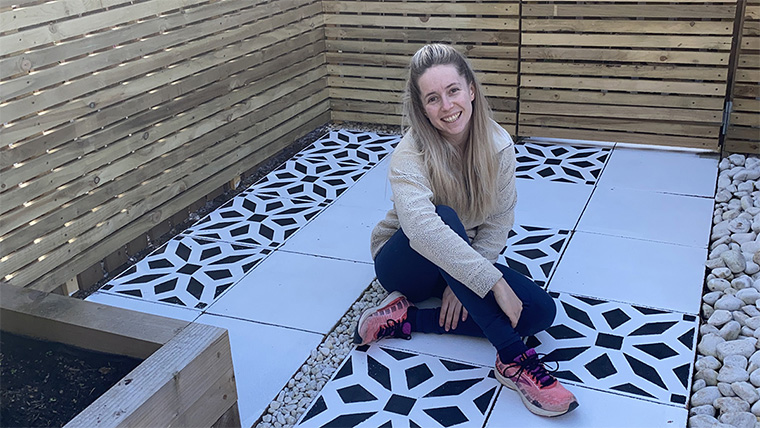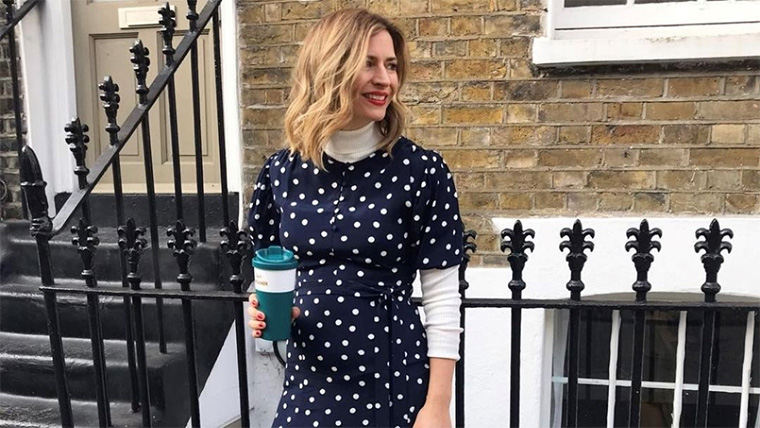
How to protect your home this winter

How it pays to plan ahead for Christmas

How to shop safely online

How to improve your businesses cyber security

How to boost your savings by £100s

How to make stunning lamps without spending a fortune

Online fraud: how can I protect myself?

How to give your garden patio a mega makeover for less than £80

How to talk to your partner about money in tough times

How to give your money a makeover in 2025 - a month by month plan

It's time to give your money a financial health check - here's how

Hoping for a holiday? Top tips on how best to save for your travels
 Money worries
Money worries
Financial fears: how can I fight them?
 Business
Business
How to start and grow a successful business
 Mastering money
Mastering money
How to save on your utility bills this winter
 Mastering money
Mastering money
How to look a million dollars – for less
 Money worries
Money worries
5 signs you have financial worries and how to cope with them
 Business
Business
How I turned my side hustle into a thriving business
 Dream home
Dream home
How to add value to your home
 Saving money
Saving money
How much should I save each month?
 Saving money
Saving money
How we retired in our 40s
 Money worries
Money worries
How I got myself out of £35,000 worth of debt
 Money worries
Money worries